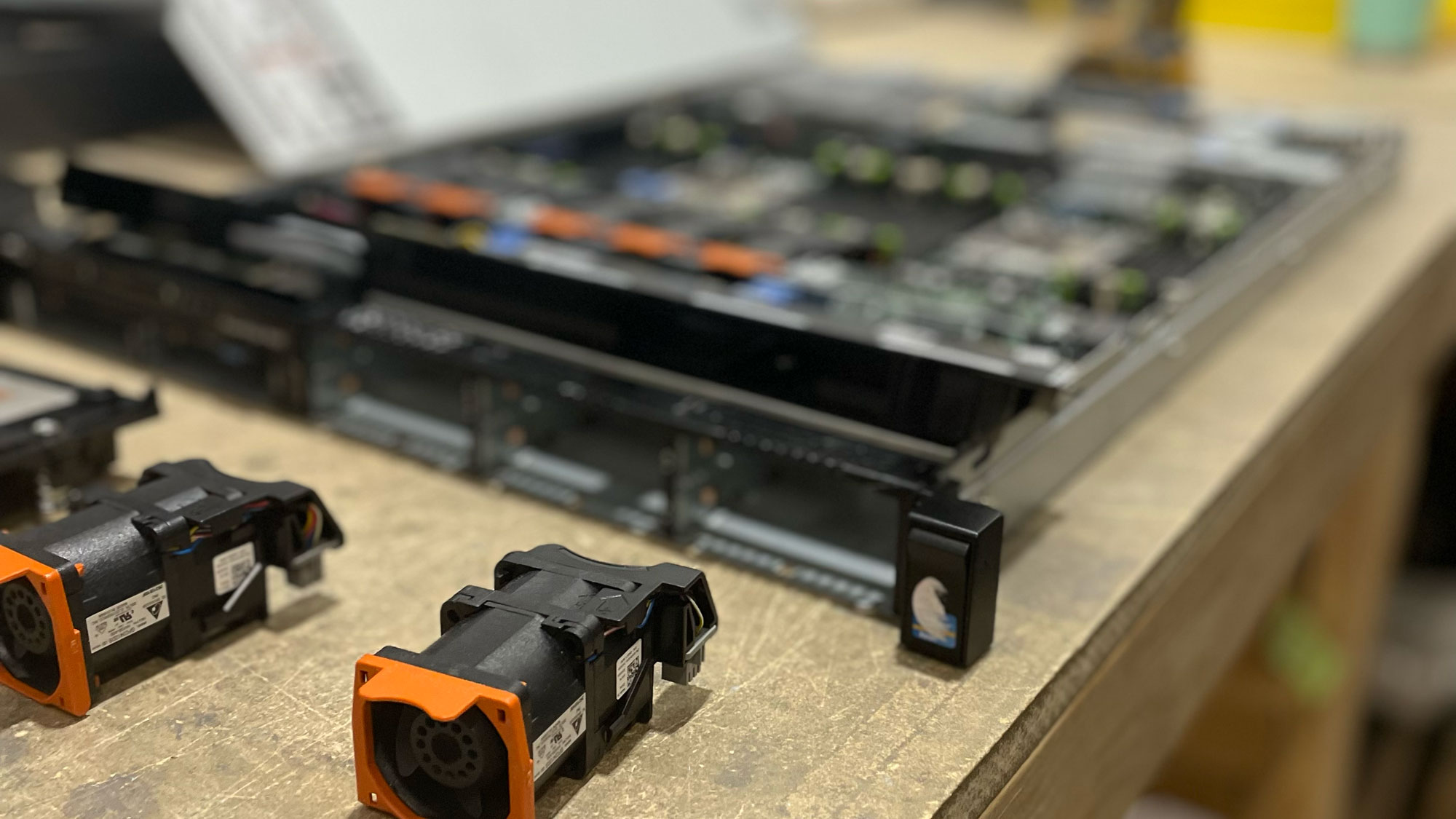The IT market in Germany is estimated to develop by $31.3 USD by 2028, a brand new report has discovered. This equates to an annual progress price of just about 4.07%, spurred on by elevated adoption of IT options inside SMEs and massive information options inside enterprises.
Regardless of this progress, German companies will face challenges in recruitment and retention resulting from a scarcity of expert IT professionals, in line with the report by know-how analysis and advisory firm Technavio. And but, Germany is the third most technically proficient nation in Europe.
“Inadequate skilled {qualifications} restrict the pool of potential candidates for open positions,” the authors wrote in a press launch. “In response, professionals with the mandatory {qualifications}, expertise, and skillsets command excessive salaries. Consequently, small and medium enterprises, in addition to the general public sector, battle to seek out appropriate candidates.”
Shortfalls on this space might be made up for by Germany’s dedication to AI funding. Simply this month, famend writer Wiley discovered that 57% of researchers in Germany are integrating AI into their work, which is far increased than the worldwide adoption price of 44%. The nation can also be considered being within the high 10 of world AI leaders.
SEE: Europe Selects German Web site for AI Manufacturing facility
Key elements to driving progress in Germany’s IT market
The report’s authors wrote, “These elements are anticipated to drive the expansion of the IT market in Germany through the forecast interval.”
Shift in focus from Business 4.0 to Business 5.0
The Technavio analysis famous that Germany’s Nationwide AI Technique “boosts the factitious intelligence market, with software program AI and automation main the best way.” Launched lengthy earlier than ChatGPT in 2018, it outlines key initiatives corresponding to establishing nationwide competence facilities for AI analysis, growing AI professorships, funding of about €5 billion, and increasing its management in Business 4.0.
Nonetheless, Technavio analysts mentioned that, over the subsequent 4 years, Germany will likely be shifting its focus to Business 5.0 — a digitised manufacturing sector that prioritises employee wellbeing and sustainability. Germany has had a robust presence in engineering, significantly robotics, for many years, however hopes to keep up its lead by incorporating machine studying for the good thing about its folks and the setting. The nation ranks fourth on the earth for industrial robotics adoption, with 429 robots per 10,000 workers, based mostly on 2023 information.
How massive information and analytics will likely be key
“Huge Information and analytics are key applied sciences enabling this transformation, with information collected from manufacturing tools, enterprise techniques, and buyer administration techniques,” the authors wrote. “This information is used to optimize manufacturing high quality, cut back prices, expedite manufacturing occasions, and ship superior buyer help.”
Autonomous robots can improve productiveness
They go on to focus on autonomous robots that deal with portray, assembling, welding, and product inspection, and the way they will enhance productiveness whereas lowering waste. Final month, at CES 2025, NVIDIA CEO Jensen Huang predicted that generative AI might make humanoid robots a actuality within the close to future, regardless of earlier difficulties commercialising them.
Investments in “manufacturing execution techniques”
German enterprises are apparently investing in “manufacturing execution techniques” — software program options that handle manufacturing processes in actual time. “Using manufacturing intelligence permits industries to carefully speculate on mechanical and procedural challenges, transferring to superior modes of knowledge assortment utilizing sensors, actuators, property, manufacturing evaluation, and extra,” the Technavio analysts wrote.






No Comment! Be the first one.